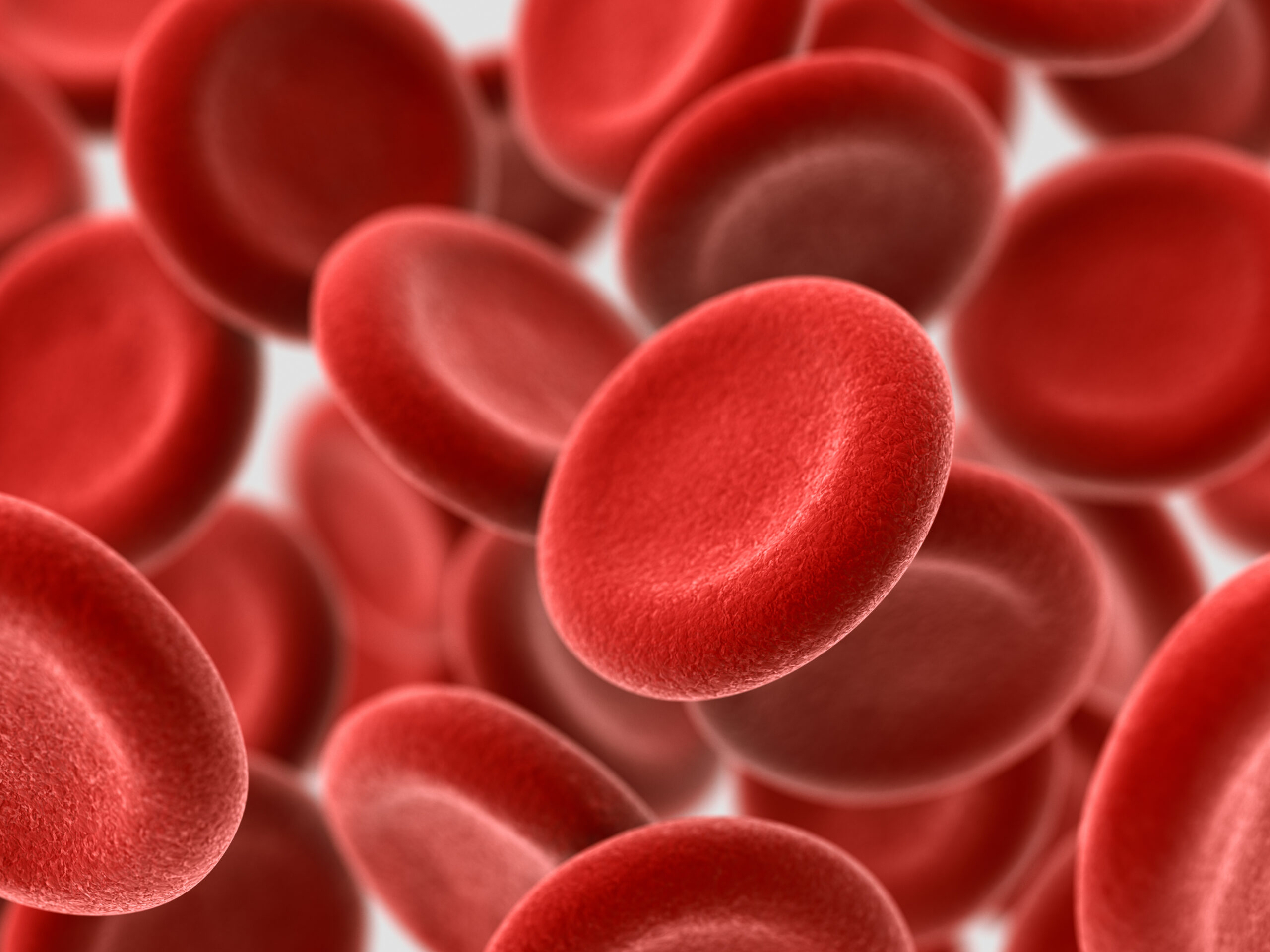
Take-aways:
- Ibrutinib plus standard chemoimmunotherapy significantly prolonged PFS by 3 years in older patients with untreated MCL.
- PFS was also longer than published data for the commonly used regimens of R-CHOP, VR-CAP, or bendamustine plus rituximab.
- The benefit of the addition of ibrutinib was durable throughout the median follow-up of seven years.
Ibrutinib treatment in combination with standard chemoimmunotherapy significantly prolonged progression-free survival (PFS) in older patients with untreated mantle cell lymphoma (MCL), according to results from the phase III SHINE trial. The study evaluated the combination of either ibrutinib or placebo with bendamustine plus rituximab and rituximab maintenance therapy in patients aged 65 years or older with untreated MCL. The findings were published in The New England Journal of Medicine.
Study Cohort and Treatment
The international, double-blind trial enrolled 523 patients (median age, 71 years; range, 65-87 years) from 183 sites in North America, South America, Europe, and the Asia-Pacific region between May 2013 and November 2014. Eligibility requirements included a centrally confirmed diagnosis of MCL with cyclin C1 overexpression or translocation breakpoints at t(11;14); previously untreated, documented stage II-IV disease; at least one measurable disease site that was at least 1.5 cm in the longest diameter; an Eastern Cooperative Oncology Group performance status score of 0 or 1; and adequate organ function.
Patients were not eligible if they had a planned stem cell transplantation or if they had known central nervous system involvement, had a history of stroke or intracranial hemorrhage within six months of the trial, were receiving anticoagulation with warfarin or equivalent vitamin K antagonists or treatment with strong CYP3A inhibitors, or had a significant cardiovascular disease within six months before screening.
Patients were stratified based on risk score according to the simplified Mantle-Cell Lymphoma International Prognostic Index (MIPI). Patients were randomized 1:1 to receive ibrutinib 560 mg (n=261) or placebo (n=262) orally once a day in combination with bendamustine 90 mg/m2 on days one and two of each cycle and rituximab 375 mg/m2 on day one of each cycle, which were administered every four weeks for six cycles. Patients with a complete or partial response received rituximab maintenance therapy, administered every eight weeks for up to 12 additional doses.
Efficacy and Safety Outcomes
At data cutoff (June 30, 2021) for the primary analysis, after a median follow-up of 84.7 months (range, 0.1-97.5 months), 220 patients (84.3%) in the ibrutinib group and 201 (76.7%) in the placebo group discontinued all trial treatments. The most common reasons were an adverse event (in 39.5% of the patients in the ibrutinib group and 24.0% in the placebo group), progressive disease or relapse (10.7% and 34.7%, respectively), withdrawal of consent (13% and 8%), and death (10.0% and 5.7%).
A total of 116 patients in the ibrutinib group and 152 in the placebo group had disease progression or died as of data cutoff. More deaths were due to adverse events in the ibrutinib group (10.7%) than in the placebo group (6.1%), and more deaths were due to progressive MCL in the placebo group (20.6%) than in the ibrutinib group (11.5%).
Median PFS (primary endpoint), which was assessed according to the Revised Response Criteria for Malignant Lymphoma, was 80.6 months (6.7 years) in the ibrutinib group and 52.9 months (4.4 years) in the placebo group, representing a significant prolongation of 2.3 years of PFS for patients treated with ibrutinib (hazard ratio, 0.75; 95% CI, 0.59-0.96; P=.01). Complete responses were observed in 65.5% (n=171) and 57.6% (n=151) of patients, respectively (P=.06). Objective response was similar between the groups (89.7% with ibrutinib and 88.5% with placebo), as was overall survival (55.0% and 56.8%, respectively) at seven years.
The PFS achieved by the ibrutinib group was also longer than published data for the commonly used regimens of R-CHOP (rituximab, cyclophosphamide, doxorubicin, vincristine, prednisone), VR-CAP (bortezomib, rituximab, cyclophosphamide, doxorubicin, prednisone), or bendamustine plus rituximab.
Minimal residual disease was undetectable in 62.1% (n=261) of ibrutinib-treated patients and 56.5% of the placebo cohort.
Patients classified as high risk based on their simplified MIPI score, as well as patients with TP53 mutations, did not have a clear benefit in the ibrutinib group compared to the placebo group.
The addition of ibrutinib to the standard chemoimmunotherapy was accompanied by additional toxic adverse effects consistent with the known profiles of single-agent ibrutinib, bendamustine, and rituximab. The incidence of grade 3 or 4 adverse events during treatment was 81.5% in the ibrutinib group and 77.3% in the placebo group.
The incidence of atrial fibrillation, an expected adverse event with Bruton’s tyrosine kinase inhibitors, was higher in the ibrutinib group (13.9%) than the placebo group (6.5%). Hypertension, arthralgia, and major hemorrhage were observed at similar incidences in the two trial groups.
This trial was not designed to determine whether first-line combination therapy with ibrutinib, bendamustine, and rituximab would be superior to ibrutinib therapy after bendamustine and rituximab treatment.
“Given the shorter PFS with current standard-care chemoimmunotherapy options, a prolongation of PFS in response to primary therapy may provide patients with an improved opportunity for durable disease control in order to prevent or delay relapse,” the authors concluded.
This study was funded by Janssen Research and Development and Pharmacyclics.
Reference
Wang ML, Jurczak W, Jerkeman M, et al. Ibrutinib plus bendamustine and rituximab in untreated mantle-cell lymphoma. N Engl J Med. 2022. doi:10.1056/NEJMoa2201817





 © 2025 Mashup Media, LLC, a Formedics Property. All Rights Reserved.
© 2025 Mashup Media, LLC, a Formedics Property. All Rights Reserved.